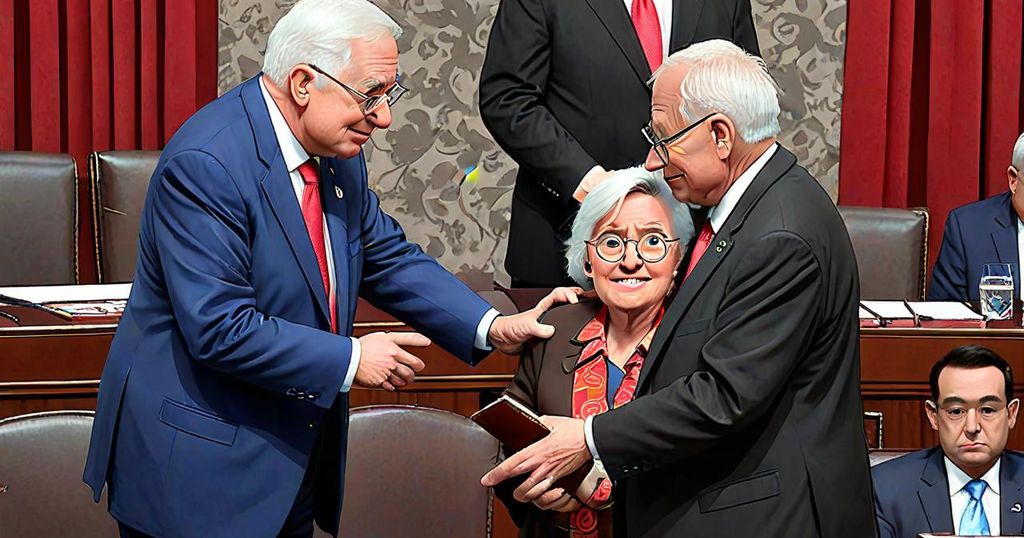The recent election of the new Senate in Thailand may not bring about the expected shift in the country’s political landscape. According to political analysts, the majority of the new senators are closely connected to the current political elite.
The new Senate is comprised of 200 members from various professional backgrounds, replacing the 250 junta-appointed senators whose terms ended on May 10. Unlike their predecessors, the new senators were not directly elected by the general public. Their primary responsibilities include passing legislation and amending laws and the constitution, appointing key government officials, and overseeing the executive branch.
It is speculated by political observers that the ruling Pheu Thai Party may encounter challenges in their efforts to amend the constitution and include lese majeste in the list of pardoned offenses under the new political amnesty bill. These proposed changes may face resistance from the new Senate, as at least 67 senators out of the 200 are required to approve any proposal to amend the constitution, as per current regulations.
The affiliations of the majority of the new senators with the Bhumjaithai (BJT) Party suggest a continuation of the influence of the existing political power dynamics in the new Senate. According to Stithorn Thananithichot, director of the Office of Innovation for Democracy at King Prajadhipok’s Institute, the Bhumjaithai Party, which holds conservative views on critical constitutional sections related to the monarchy, has a significant presence in the newly elected Senate.
Although there was speculation that former Prime Minister Somchai Wongsawat, who has strong ties to the Pheu Thai Party, would secure a seat in the new Senate, this did not happen, indicating that affiliation alone does not guarantee electoral success.
The dominance of the Bhumjaithai Party in the new Senate is also expected to shape the influence of independent organizations and their members, as indicated by Thanaporn Sriyakul, director of the Political and Public Policy Analysis Institute. It is also anticipated that efforts to amend critical sections of the constitution or establish a new voting system for senatorial elections will face obstacles with this Senate composition.
The perceived lack of independence of several new senators due to their party affiliations has raised concerns about their ability to remain impartial, especially regarding constitutional amendments. Additionally, the potential influence of political parties over members of independent organizations may hinder efforts to maintain autonomy and transparency within these bodies.
In conclusion, the composition of the new Senate raises questions about the potential for real change in Thailand’s political landscape. The presence of a significant number of senators affiliated with the Bhumjaithai Party reflects a continuation of existing political power structures rather than a significant departure. This situation has implications for the government’s efforts to enact constitutional amendments and navigate the delicate issues surrounding the monarchy.

Leave a Reply